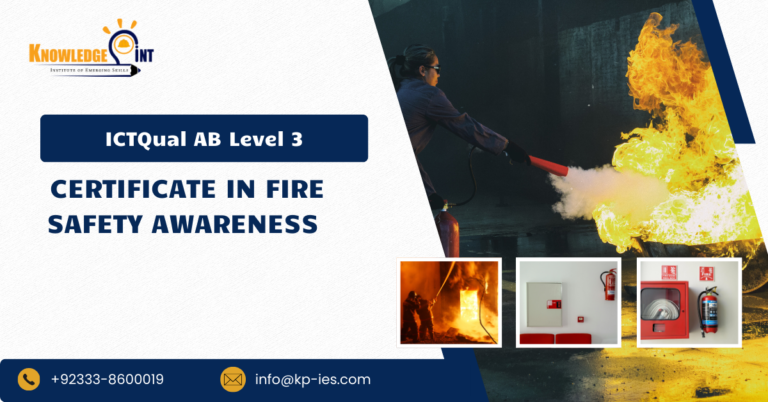ICTQual AB Level 6 International Diploma
Project Management
Awarding Body
ICTQual AB
Credits
360 Credits
Course
Management
study mode
Online Learning
Course overview
The ICTQual AB Level 6 International Diploma in Project Management is designed for professionals, team leaders, and aspiring project managers seeking advanced knowledge and practical skills in planning, executing, and overseeing projects across various industries. The programme provides a comprehensive foundation in project management principles, strategic planning, risk assessment, and resource optimization. Learners are prepared to manage projects effectively in corporate, construction, IT, and service environments while adhering to international project management standards.
Throughout the course, students develop essential leadership, analytical, and problem-solving skills needed for successful project delivery. Core areas of study include project planning and scheduling, risk and quality management, budgeting, stakeholder engagement, and project monitoring and evaluation. The programme emphasizes practical case studies, applied learning, and best practices to ensure projects are delivered on time, within budget, and aligned with organizational goals.
This diploma is ideal for project coordinators, managers, team leaders, and professionals seeking career advancement in project management. Graduates gain the competence to oversee complex projects, implement effective management strategies, mitigate risks, and collaborate within multidisciplinary teams. The Level 6 qualification also supports progression to higher academic studies, professional certifications, and senior or specialized roles in project management across global industries.

Approved Training centre of ICTQual AB
Centre # : ATC24001

Entry Requirments
Entry Requirements for the ICTQual AB Level 6 International Diploma in Project Management:
- Educational Qualifications:Minimum of a high school diploma or equivalent; a background in business, management, or related fields is preferred.
- Professional Experience:At least 1–2 years of work experience in project coordination, management, or related roles is recommended but not mandatory.
- English Language Proficiency:Since the program is delivered in English, learners must show competence in reading, writing, and communication.
Course structure
ICTQual AB Level 6 International Diploma in Project Management in Personal Protective Equipment qualification consists of 36 mandatory units.




